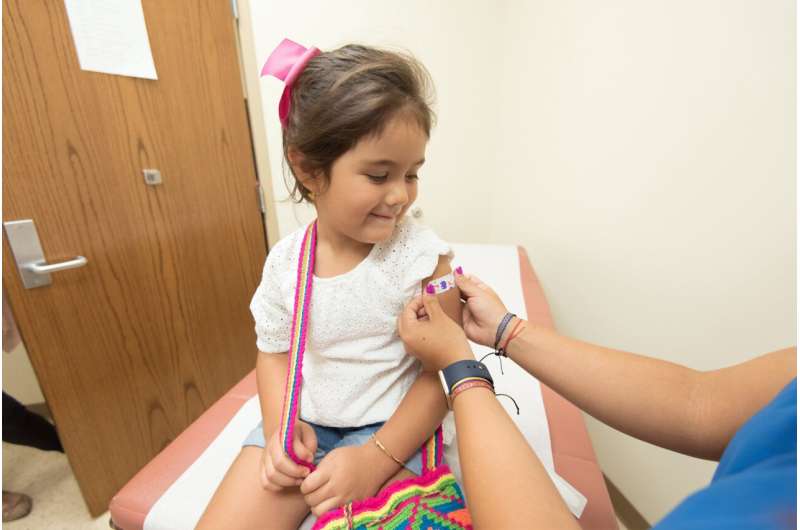'Smart' Dental Implants Mimic Natural Teeth in Feel and Function

A groundbreaking study introduces 'smart' dental implants that restore natural feel and function by reconnecting nerves, promising a new era in dental restoration technology.
Millions of individuals in the United States undergo dental implant procedures each year to restore their smiles with natural-looking, long-lasting solutions for missing teeth. However, traditional implants often fall short of replicating the full experience of real teeth, especially in terms of sensory feedback and integration with surrounding tissues.
Recent advancements from Tufts University School of Dental Medicine and Tufts University School of Medicine have introduced a novel approach that could revolutionize dental implant technology. Their latest study, published in Scientific Reports, showcases promising early success with a 'smart' dental implant and an innovative surgical technique tested in rodent models.
Unlike conventional implants that use titanium posts fusing directly into the jawbone, these new implants are designed to better mimic natural teeth by reconnecting nerves and tissues involved in sensory perception. Dr. Jake Jinkun Chen, professor of periodontology, explains that natural teeth are connected to the jaw through soft, nerve-rich tissue that helps in sensing pressure and texture, guiding functions such as chewing and speaking. Traditional implants lack this sensory ability.
The researchers developed an implant wrapped in a biodegradable coating filled with stem cells and a special protein. This coating promotes nerve tissue growth as it dissolves during healing, effectively integrating the implant into the body's sensory system. Additionally, micro-scale polymer particles act like memory foam, allowing the implant to be initially compressed and then gently expanding to fit snugly into the socket, minimizing nerve damage during placement.
This minimally invasive technique preserves existing nerves and tissue, potentially restoring a sense of touch and feedback that is absent in standard implants. Six weeks post-surgery, implants remained securely in place in laboratory subjects with no signs of inflammation or rejection. Imaging studies indicated the implant was integrated through soft tissue rather than bone fusion, which is a significant departure from traditional procedures.
The team’s work suggests that these advancements could enable implants to 'talk' to the brain much like natural teeth do, offering improved functionality and a better quality of life for patients. The research paves the way for future studies, including larger animal tests and investigations into brain activity related to the received sensory data.
While these findings are hopeful, further research is needed before human clinical trials can commence. The next steps involve confirming whether the regenerated nerves establish proper connections with the brain. Overall, this innovative approach signifies a potential leap forward in dental medicine, with broader implications for bone and joint implants in the future.
Source: Medical Xpress
Stay Updated with Mia's Feed
Get the latest health & wellness insights delivered straight to your inbox.
Related Articles
Significant Decline in Gun-Related Deaths in New Zealand Following Legislation Changes
A new study reveals a significant decrease in firearm-related deaths in New Zealand following gun law reforms, highlighting the importance of strong firearm regulations for public health and safety.
Innovative Approaches in Developing Safer and More Accessible Anesthetics
Researchers at UCSF and UC San Diego are utilizing AI, zebrafish models, and molecular design to develop safer, more accessible anesthetics that could transform surgical practices worldwide.
Innovative Light and AI-Based Biosensor Promises Early Cancer Detection
A new AI-driven biosensor utilizing light signals enables highly sensitive and rapid early detection of cancer through blood sample analysis, promising advancements in diagnostics and personalized medicine.



